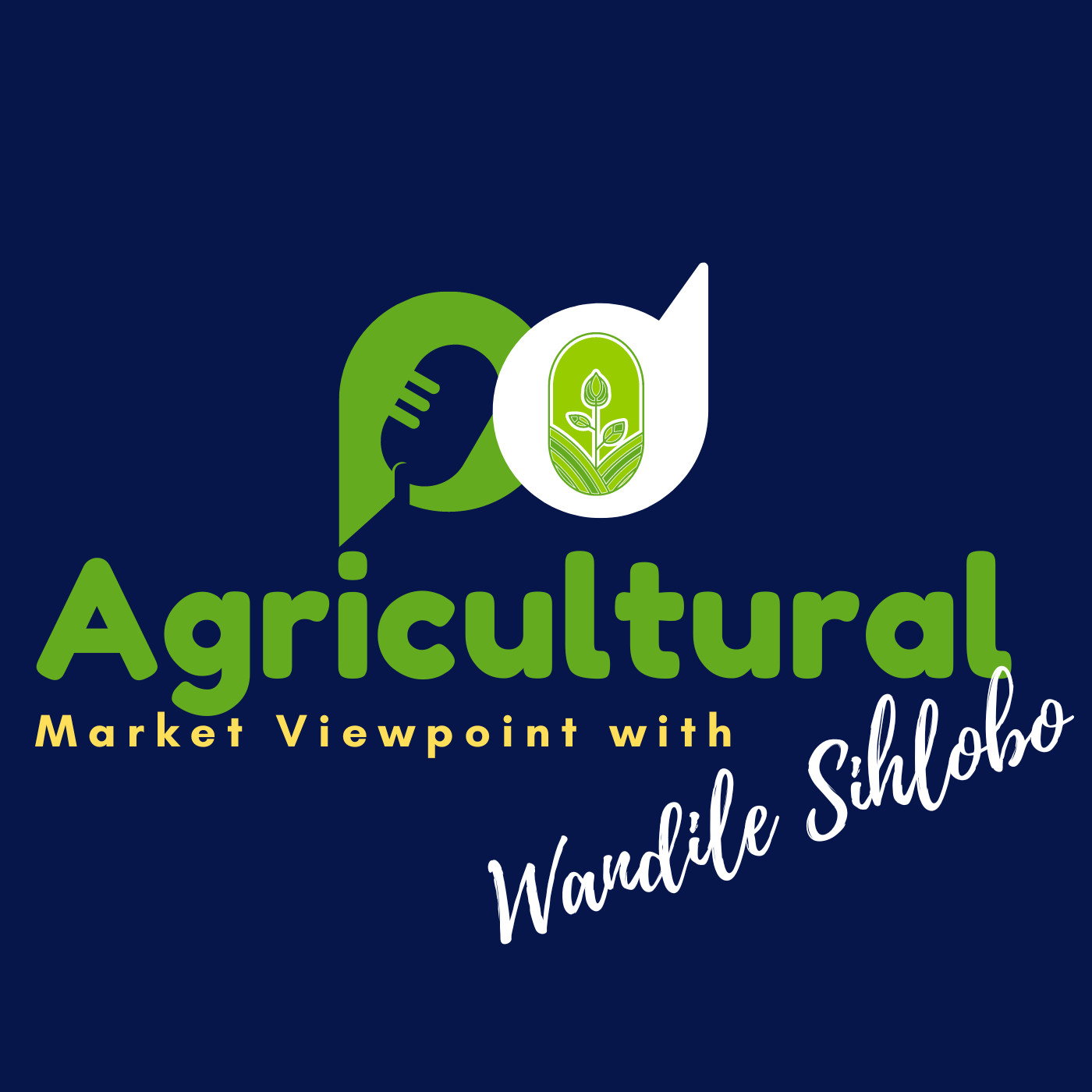Listen "Helping a neighbor – SA continues to supply maize to Zimbabwe"
Episode Synopsis
Whenever I see challenges within South Africa's agriculture, Zimbabwe is the other country I think of as their challenges are often worse. Notably, South Africa typically has to shoulder Zimbabwe when there are challenges, specifically in staple grain production.
Consider the 2023-24 production year, when Zimbabwe had a challenging season due to the mid-summer drought that affected Southern Africa. Zimbabwe's maize harvest fell nearly 60% to around 635 000 tonnes, the lowest since the 2015-16 production season when the country experienced a drought.
Although a significant factor, the drought is not the only reason for the fall in Zimbabwe's maize harvest. The decline in fertilizer usage also contributed to poor yields. While fertilizer prices are down from the previous year, they remain well above the pre-COVID-19 levels, thus adding financial strain on farmers. Fertilizer makes up roughly a third of grain farmers' input costs.
This significant decline in Zimbabwe's maize production led to a sharp increase in imports, and South Africa played an important role in supplying maize to Zimbabwe (at market prices).
To understand how much maize Zimbabwe needs to import, consider its annual consumption of about two million tonnes. Therefore, with a harvest of 635 000 tonnes, the country needs at least a million tonnes in the 2024-25 marketing year, which ends in April 2025, to meet domestic needs (the 2024-25 marketing year corresponds with the 2023-24 production season).
Of course, this is a significant increase from Zimbabwe's maize imports of 637 327 tonnes in the 2023-24 marketing year, all from South Africa.
Between May 2024 and the first week of January 2025, South Africa exported 907 318 tonnes of maize to Zimbabwe. This is about 57% of South Africa's total maize exports to the world market during this period.
Listen to the podcast for more insights.
Richard Humphries, Sam Mkokeli and Amanda Murimba produce this podcast. Wandile Sihlobo website
Consider the 2023-24 production year, when Zimbabwe had a challenging season due to the mid-summer drought that affected Southern Africa. Zimbabwe's maize harvest fell nearly 60% to around 635 000 tonnes, the lowest since the 2015-16 production season when the country experienced a drought.
Although a significant factor, the drought is not the only reason for the fall in Zimbabwe's maize harvest. The decline in fertilizer usage also contributed to poor yields. While fertilizer prices are down from the previous year, they remain well above the pre-COVID-19 levels, thus adding financial strain on farmers. Fertilizer makes up roughly a third of grain farmers' input costs.
This significant decline in Zimbabwe's maize production led to a sharp increase in imports, and South Africa played an important role in supplying maize to Zimbabwe (at market prices).
To understand how much maize Zimbabwe needs to import, consider its annual consumption of about two million tonnes. Therefore, with a harvest of 635 000 tonnes, the country needs at least a million tonnes in the 2024-25 marketing year, which ends in April 2025, to meet domestic needs (the 2024-25 marketing year corresponds with the 2023-24 production season).
Of course, this is a significant increase from Zimbabwe's maize imports of 637 327 tonnes in the 2023-24 marketing year, all from South Africa.
Between May 2024 and the first week of January 2025, South Africa exported 907 318 tonnes of maize to Zimbabwe. This is about 57% of South Africa's total maize exports to the world market during this period.
Listen to the podcast for more insights.
Richard Humphries, Sam Mkokeli and Amanda Murimba produce this podcast. Wandile Sihlobo website
More episodes of the podcast Agricultural Market Viewpoint with Wandile Sihlobo
South Africa's maize exports to Zimbabwe continue, as the import ban seems to have been eased
13/10/2025
Kenya's maize production has recovered
27/09/2025
South Africa's food price inflation eases
17/09/2025
South African farmers will start planting summer crops in October, and the outlook is encouraging
16/09/2025
Zimbabwe bans maize imports
01/09/2025
 ZARZA We are Zarza, the prestigious firm behind major projects in information technology.
ZARZA We are Zarza, the prestigious firm behind major projects in information technology.
